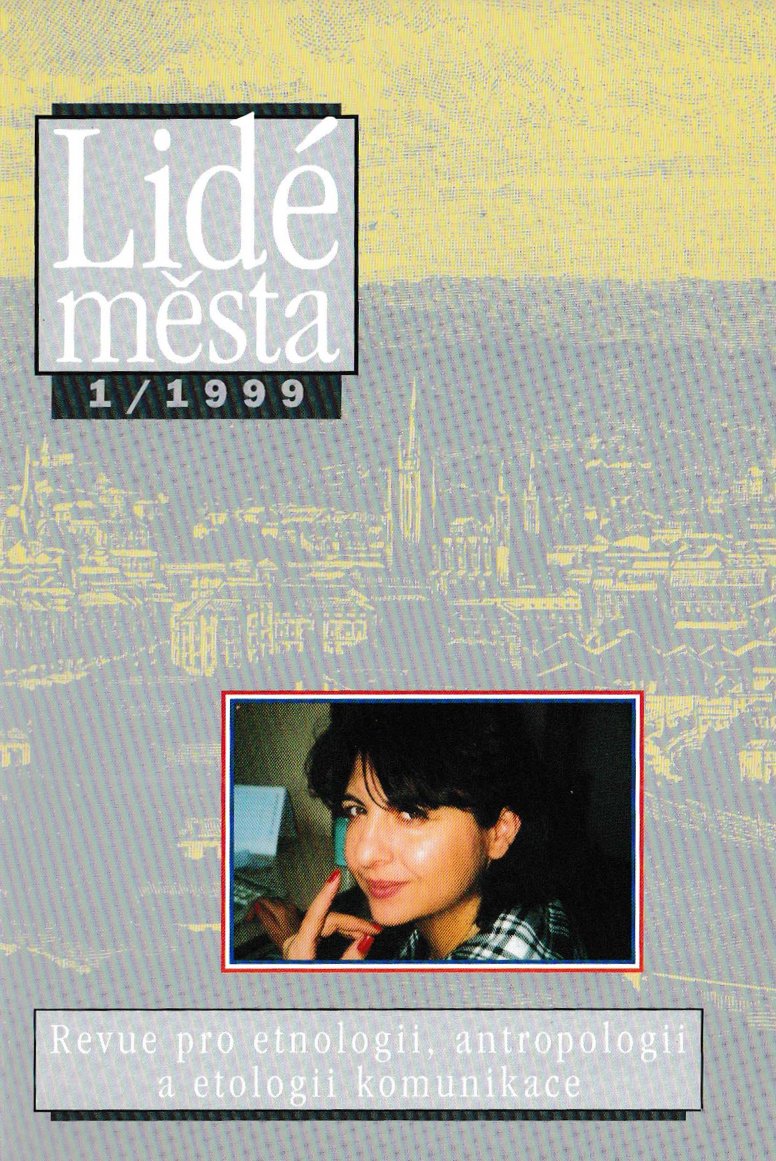Mulové v tradici a víře romské elity
DOI:
https://doi.org/10.14712/12128112.4001Abstrakt
Posthumous life and belief in the return of dead people into the life of those living are among the traditional ideas which are deeply rooted in the views of present-day Romanies - the citizens of thc Czech Republic. Both older and newer traditions prove that Romanics believed in posthumous life in which the dead lived in a similar way as those living. They believed that the dead - mulo - can return among the living ones at any time after the burial. Most Romanies still believe in the existence of mulos and frequently communicate with them. According to some traditional ideas of Romanies, the dead comes back the third day after the buríal to say good-bye to his relatives and to thank them; according to other ideas the third day after the burial the deceased only returns in the case that the survivors did not follow some of his desires in connectíon with the arrangement of the burial. Furthermore, Romanies believe that also those deceased who have two hearts or do not have clear conscience come back from the other world. The writer examines the problem of belief in the return of the deceased in the Romany elite. The analysis is based on a research conducted in Prague between 1998 and 1999 with the method of non standarised multiple interviews with longitudinal participating observation. The article asks a number of questions: the question of the deceased - mulos - in the spiritual tradition of Romanies; the question of mulo's role in the life of the living; the question of the form and character of mulo's visits; the question of mulo's appearance and visit after the burial; the question of preparation for mulo's visit; the question or the visit by those who died long ago; the question of the dying; and the question of the attitude of the living toward the deceased. In the present-day Romany elite the attitude of the living to the deceased is also marked with respect, fear and honour. The appearance of a mulo in any form is perceived as natural continuity of "life" - his departure as an integral part of his impact on the community. However, it is also perceived as premonition of something evil. Hence the awe, fear and effort to prevent the return and arrival of the deceased. The predominant part of respondents perceive mulo's presence negatively. However, some of them consider contact with a close, beloved deceased person as pleasant. Although a part of Romanies from among their elite (unlike non-elite Romanies and traditional ideas their ancestors had in Slovakia) regard mulo's visits as something positive - (they believe that mulo warns them and also believe in his reincarnation), most respondents from the elite still associate mulo's visits with largely negative feelings. The fact that some elite Romanies regard the visits of a specific deceased person as pleasant also speak about the loss of continuity of traditional perception. One can see significant transformation - change in the perception of the visit by a dead man - part of the elite is losing fear of mulos and communication with them is becoming a pleasant thing. The reconsideration of the relationship to the deceased has indicated a new, ongoing trend in the superstitious tradition of their community. The loss of taboo in relation to the mulo is also a new position.
Stahování
Publikováno
Jak citovat
Číslo
Sekce
Licence

Tato práce je licencována pod Mezinárodní licencí Creative Commons Attribution-NonCommercial-NoDerivatives 4.0.


